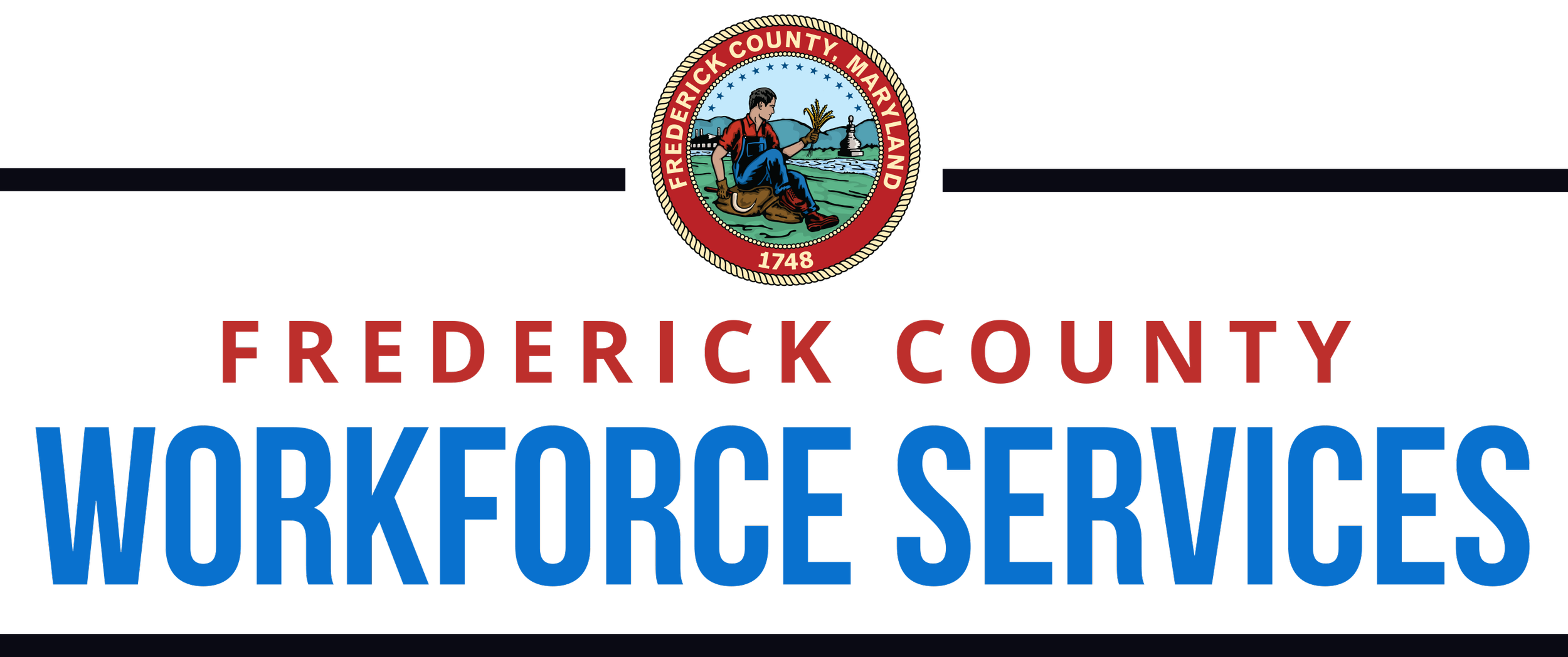Staff Profile: Meet Larry Kaiser
Larry Kaiser is the Workforce Services Career Coach Coordinator, working in partnership with an FCPS counterpart to provide leadership and support to the twenty-two Career Coaches deployed throughout Frederick County's middle and high schools. We asked him about his role in FCWS, what he likes about workforce development and how he enjoys spending his time off.
What is your role at FCWS?
I am the Workforce Services Career Coach Coordinator a Coordinator, working in partnership with an FCPS counterpart, to provide leadership and support to the 22 Career Coaches deployed throughout Frederick County's middle and high schools. This initiative stems from the recent education reform legislation, known as the "Blueprint for Maryland's Future" which charges us with providing Frederick's school youth with a much stronger foundation in career awareness that may lead to post-secondary work, college, or both. In doing so, we will strengthen the workforce of Frederick County in particular, and Maryland more broadly.
In addition to providing daily guidance for the team as they navigate this new role among the various stakeholders, some of my on-going duties include constructing and leading the team through on-going professional development modules, conveying updates in career trends both regionally and nationally, and providing them with a market-related optic to the career exploration guidance they offer students.
What do you like best about working in workforce development?
As a teacher (secondary, 20 years; post-secondary 16 years), and former college counselor (seven years), I saw first-hand the gap in student awareness about the relationship between their innate interests, their current schooling, and how it all connected to a career path in this new economy.
My current role helps to close that gap by the advice and mentorship this program provides to students. I'm happy to be able to contribute to that in some way.
If you had $30,000 to donate to a workforce development program, what would you want to do with it?
Well, if it's $30,000 or $300, my sense is that education (of any kind) is a great equalizer in society. If we offer career awareness and/or job readiness educational modules to those who ask for them, we improve the individual in the short-term, but strengthen the workforce over the longer term.
What do you enjoy doing when you are not working?
Being with my family: my wife and I are the parents of two, incredible children. We enjoy watching them grow each day as they navigate life's choices and become (hopefully) increasingly better human beings.

